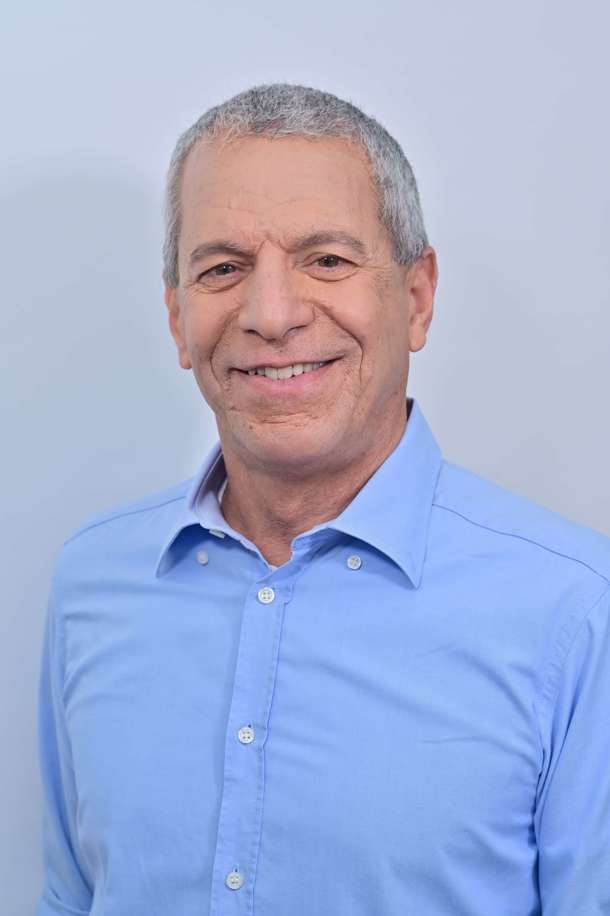
Professional Journey and Research Contributions of Professor Moshe Tshuva
Professor Moshe Tshuva's career in energy systems began with his doctoral thesis on thermos-solar systems, focusing on converting solar energy into electricity. This foundational work has driven his extensive research in renewable energy, leading to significant contributions in both academia and industry, including multiple patents and collaborative projects.
His research is motivated by the urgent need to address global challenges like energy sustainability and water scarcity. Key projects include developing solar desalination technology, a thermal imaging system for cancer detection, and sustainable energy management systems for off-grid communities. These innovations aim to create cost-effective, environmentally friendly solutions that provide essential resources such as clean water and energy.
Collaborations are a cornerstone of Professor Tshuva's work. He has partnered with researchers from institutions like the Technion, Tel Aviv University, and international colleagues from Greece, Italy, Poland, and Spain. These collaborations have been pivotal in advancing research in energy system management and renewable energy, enabling a multidisciplinary approach to complex problems.
A notable innovation in his career is the development of a solar desalination system that reuses solar energy by leveraging the heat of condensation to vaporize additional water. This patented technology was developed through a complex thermodynamic model and experimental validation, providing an efficient solution for potable water production in areas lacking traditional infrastructure.
Emerging technologies in Professor Tshuva's field include autonomous energy systems that harness solar power efficiently and the integration of AI and machine learning in energy management and medical diagnostics. These advancements hold promise for transforming industries by improving efficiency, reliability, and sustainability.
To stay updated on the latest developments, Professor Tshuva actively participates in international conferences, collaborates with global research partners, and engages with professional organizations. He also contributes to academic journals and keeps abreast of the latest scientific literature.
For aspiring engineers, he emphasizes the importance of a strong foundation in core scientific principles, practical problem-solving skills, and interdisciplinary collaboration. Perseverance, curiosity, and the humility to recognize one's limitations and learn from others are crucial. Networking and seeking mentorship provide invaluable guidance and open new opportunities for growth.
A major challenge facing engineering today is the reduction of fossil fuel dependence and the transition to renewable energies. A critical aspect of this transition is the development of efficient energy storage solutions, both for short-term needs and long-term storage across seasons or even years. Addressing these challenges requires significant investment in research and development, fostering interdisciplinary collaborations, and promoting innovation in technology and policy to build sustainable systems.
Looking ahead, Professor Tshuva envisions a future where engineering science focuses on sustainability, digital transformation, and the integration of AI and machine learning. These advancements are expected to enhance quality of life, improve resource efficiency, and address global challenges like climate change. Engineering science will play a transformative role in sectors such as renewable energy, healthcare, and sustainable infrastructure, facilitating the transition to clean energy, improving health outcomes, and creating resilient systems capable of withstanding environmental challenges.


Professor Moshe Tshuva
Share a link using:
https://www.afeka.ac.il/en/newsletter-research-authority/december-2024/professor-moshe-tshuva/WhatsApp
Facebook
Twitter
Email
https://www.afeka.ac.il/en/newsletter-research-authority/december-2024/professor-moshe-tshuva/